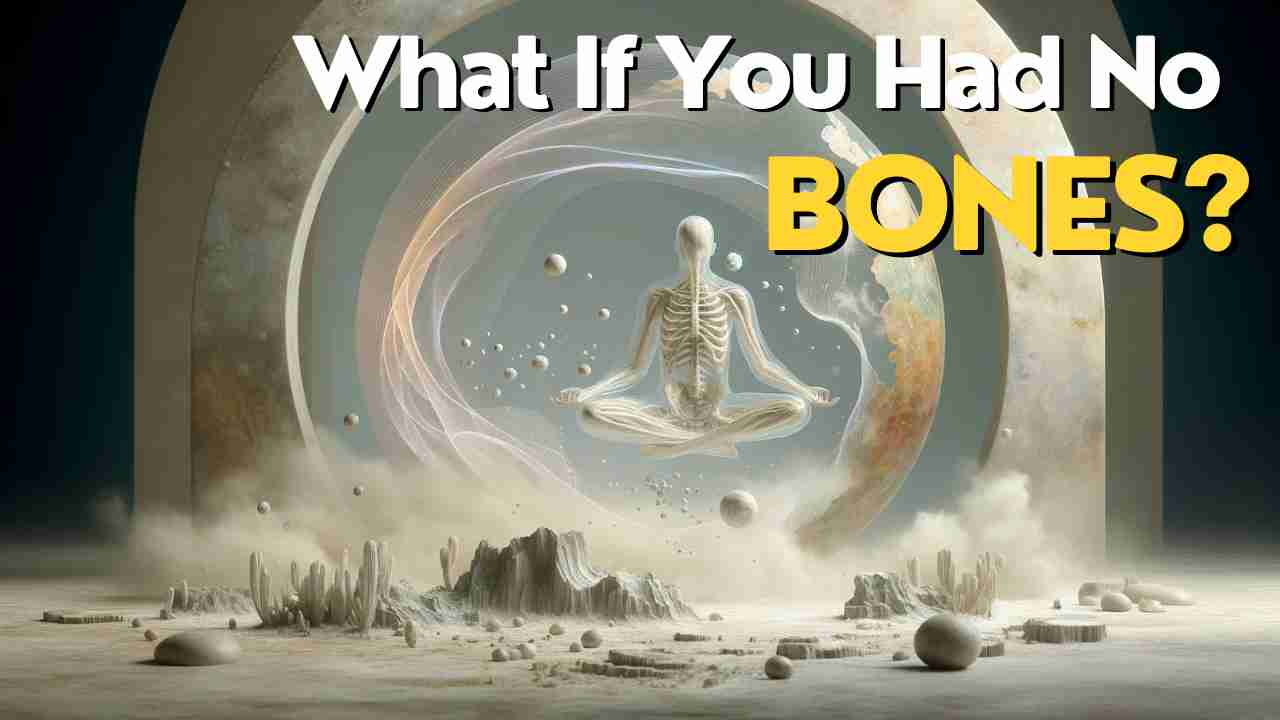Have you ever wondered what life would be like without your bones? This article will take you on a fascinating journey to understand bones’ critical role in our bodies. We will explore what bones are, their functions, and the consequences of not having them.
What Are Bones? Bones are rigid organs that form part of the endoskeleton of vertebrates. Made primarily of collagen and calcium phosphate, they are growing tissues that constantly remodel throughout life. Bones come in various shapes and sizes and are much more than a hard, lifeless structure.
What Are The Functions Of Bones?
- Support and Protection: Bones provide a frame to support the body’s muscles and organs. They also protect vital organs like the brain, heart, and lungs.
- Movement: Bones act as levers, and joints serve as pivots. Muscles attach to bones, which helps in movement.
- Blood Cell Production: Bones house bone marrow, producing blood cells.
- Mineral Storage: Bones store minerals like calcium and phosphorus, essential for various body functions.
What Happens If You Have No Bones?
- Loss of Support and Protection: Without bones, our bodies would collapse, and vital organs would be unprotected.
- Inability to Move: Movement would be impossible without the rigid structure of bones.
- Decrease in Blood Cell Production: The absence of bone marrow would significantly decrease blood cell production.
- Loss of Mineral Storage: The body would lose a primary storage site for essential minerals.
What Are The Causes Of Bone Loss?
- Ageing: As we age, our bones naturally lose density.
- Poor Nutrition: Lack of essential nutrients like calcium and vitamin D can weaken bones.
- Lack of Exercise: Regular physical activity is crucial in maintaining bone density.
- Hormonal Changes: Hormonal imbalances can accelerate bone loss, especially in postmenopausal women.
How Can You Prevent Bone Loss?
- Proper Nutrition: A diet rich in calcium and vitamin D is essential for bone health.
- Regular Exercise: Weight-bearing exercises strengthen bones.
- Hormone Replacement Therapy: This can help in cases where bone loss is due to hormonal changes.
- Medical Treatments: Medications and treatments are available to slow down or reverse bone loss.
Conclusion Bones are an indispensable part of our anatomy, crucial for various bodily functions. Imagining a life without them helps us appreciate their importance and the need to maintain bone health. We can ensure our bones remain strong and healthy throughout our lives through proper nutrition, regular exercise, and appropriate medical care.









